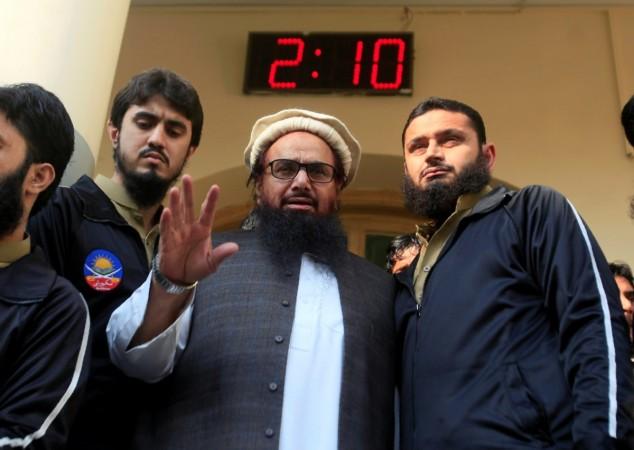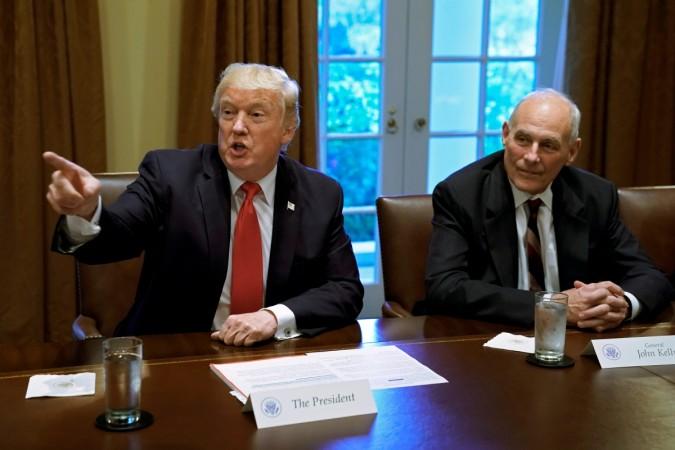The LAshkar-e-Taiba (LeT) founder was released from house arrest in Pakistan earlier this week after a Pakistan court ordered it, claiming that it had "undertaken all necessary steps to be imposed for terrorists under the United Nations Security Council Resolution 1267.
Taking a stern stand over Saeed's release, the US also said Pakistan's decision to free Saeed -- who has also been individually declared as a terrorist on global level under the United Nations Security Council Resolution 1267 -- will have repercussions on the US-Pakistan bilateral relations, and further add to Pakistan's exclusion globally.

US recalls 2008 Mumbai attacks
The United States on Saturday called upon Pakistan to prosecute Saeed over his involvement in the 26/11 attacks, which left over 150 dead and around 300 injured.
US President Donald Trump also came down heavily on Pakistan and condemned Saeed's release. He pointed out that Pakistan was catering to the needs of terrorists and harbouring them on their land.
Pakistan has continuously claimed that it has been an aide to the US in tracing down many terrorists.
Reprimanding Pakistan again over Saeed's release, the White House said: "If Pakistan does not take action to lawfully detain Saeed and charge him for his crimes, its inaction will have repercussions for bilateral relations and for Pakistan's global reputation."
Heather Nauert, the US state department spokesperson, had on Friday said: "The United States is deeply concerned that Lashkar-e-Taiba (LeT) leader Hafiz Saeed has been released from house arrest in Pakistan. LeT is a designated Foreign Terrorist Organisation responsible for the death of hundreds of innocent civilians in terrorist attacks, including a number of American citizens."

The US back in 2012 had also announced a reward of $10-million for any tip-off that will lead to the capture of Lashkar-e-Taiba (LeT) founder and Jamaat-ud-Dawa (JuD) chief Hafiz Saeed.









!['Had denied Housefull franchise as they wanted me to wear a bikini': Tia Bajpai on turning down bold scripts [Exclusive]](https://data1.ibtimes.co.in/en/full/806605/had-denied-housefull-franchise-they-wanted-me-wear-bikini-tia-bajpai-turning-down-bold.png?w=220&h=138)



